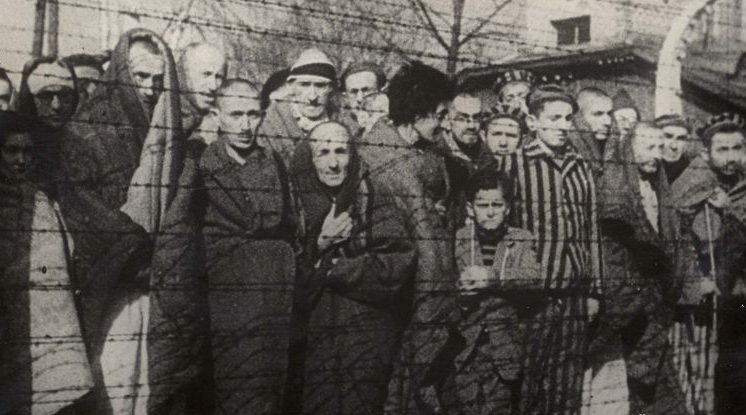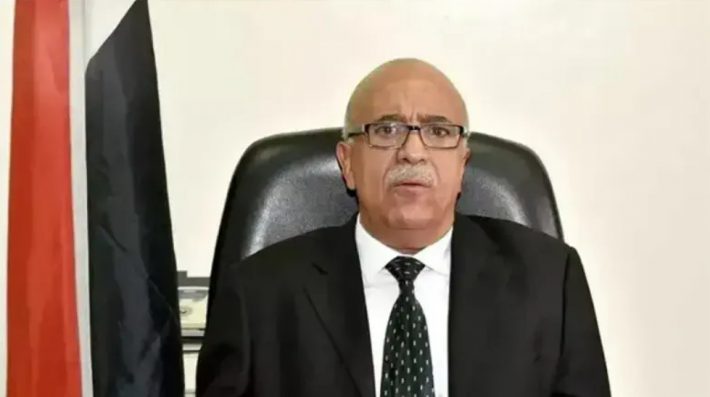According to estimates, there are currently about 119,903 Holocaust survivors living in Israel. In 2024, 42,345 survivors received services from the Ministry of Welfare.
32% of Holocaust survivors living in Israel receive services from the Ministry of Welfare, according to data published by the Ministry of Welfare and Social Security ahead of Holocaust Remembrance Day.
This includes 42,345 men and women out of 132,826 survivors. According to the data, 10% of all Holocaust survivors passed away in the period between last year’s Remembrance Day (April 2024) and this year, and according to estimates, there are currently about 119,903 survivors living in Israel.
The Ministry of Welfare supports the development and expansion of services for survivors with an amount of about 77 million shekels per year.
About 2,500 Holocaust survivors experienced the October 7th massacre. Many of them were reminded of the events of World War II.
About 2,000 Holocaust survivors were forced to abandon their homes and evacuate to a safe area as a result. In recent months, most of them have already returned home, but as of today, 128 Holocaust survivors are still displaced, mostly in the north.
The Minister of Welfare and Social Security, Yaakov Margi, said: “In the past year, we lost about ten percent of Holocaust survivors in Israel, which places a double responsibility on all of us: first, to increase efforts to provide the remaining survivors with a dignified life, and comprehensive mental and social support; and second, to act decisively to document their stories, preserve their testimonies, and pass on their legacy to future generations.”
“We must ensure that their experiences, lessons, and voices continue to resonate even when they are no longer with us. The Ministry of Welfare invests significant resources in the development of services for Holocaust survivors, ranging from social clubs to alleviate loneliness to designated social workers and a flexible budget for any need. Welfare services are tirelessly working to ensure that survivors live in welfare in their later years,” Margi added.
The director of the Ministry of Welfare, Yinon Aharoni, noted that “The ministry is constantly working to allocate resources and develop services for the elderly population in general and Holocaust survivors in particular, out of a deep recognition of the importance of caring for their welfare and our social commitment to them. Holocaust survivors who arrived in the country during and after the Holocaust played a central role in building the State of Israel, strengthening the Zionist ethos, and commemorating our people who were murdered during the Holocaust. The ongoing investment in welfare services, nursing care, mental support, and a comprehensive array of services for them is not only a moral obligation but also a tangible expression of the values of mutual responsibility that guide the State of Israel.”





